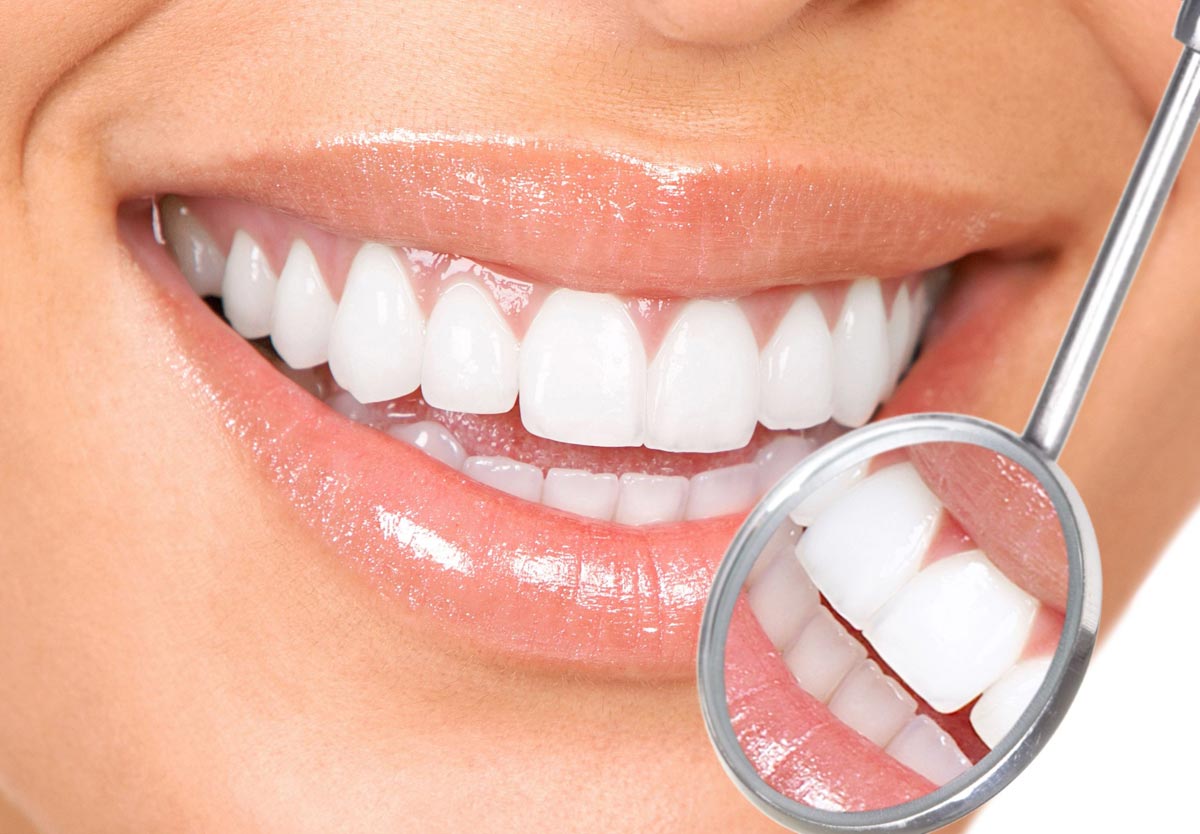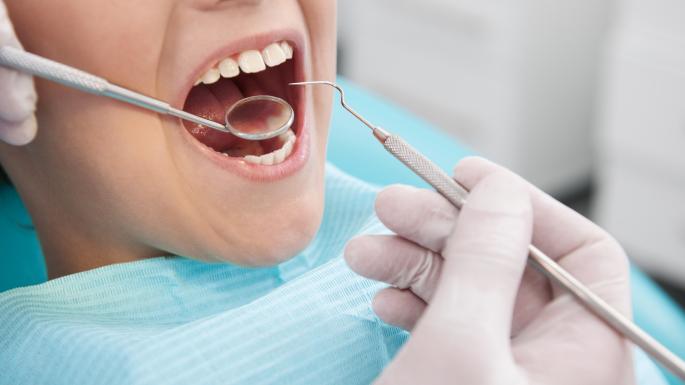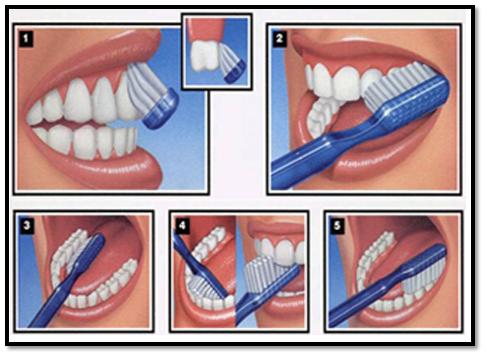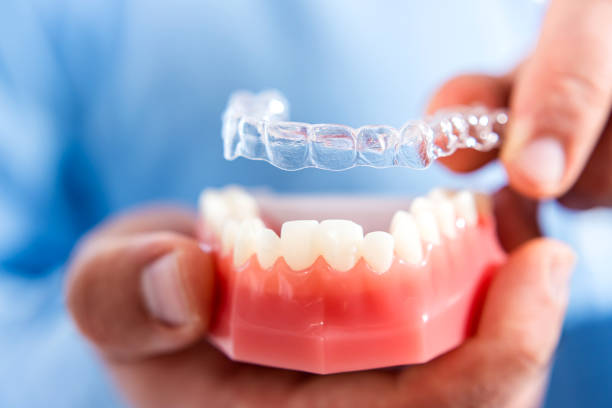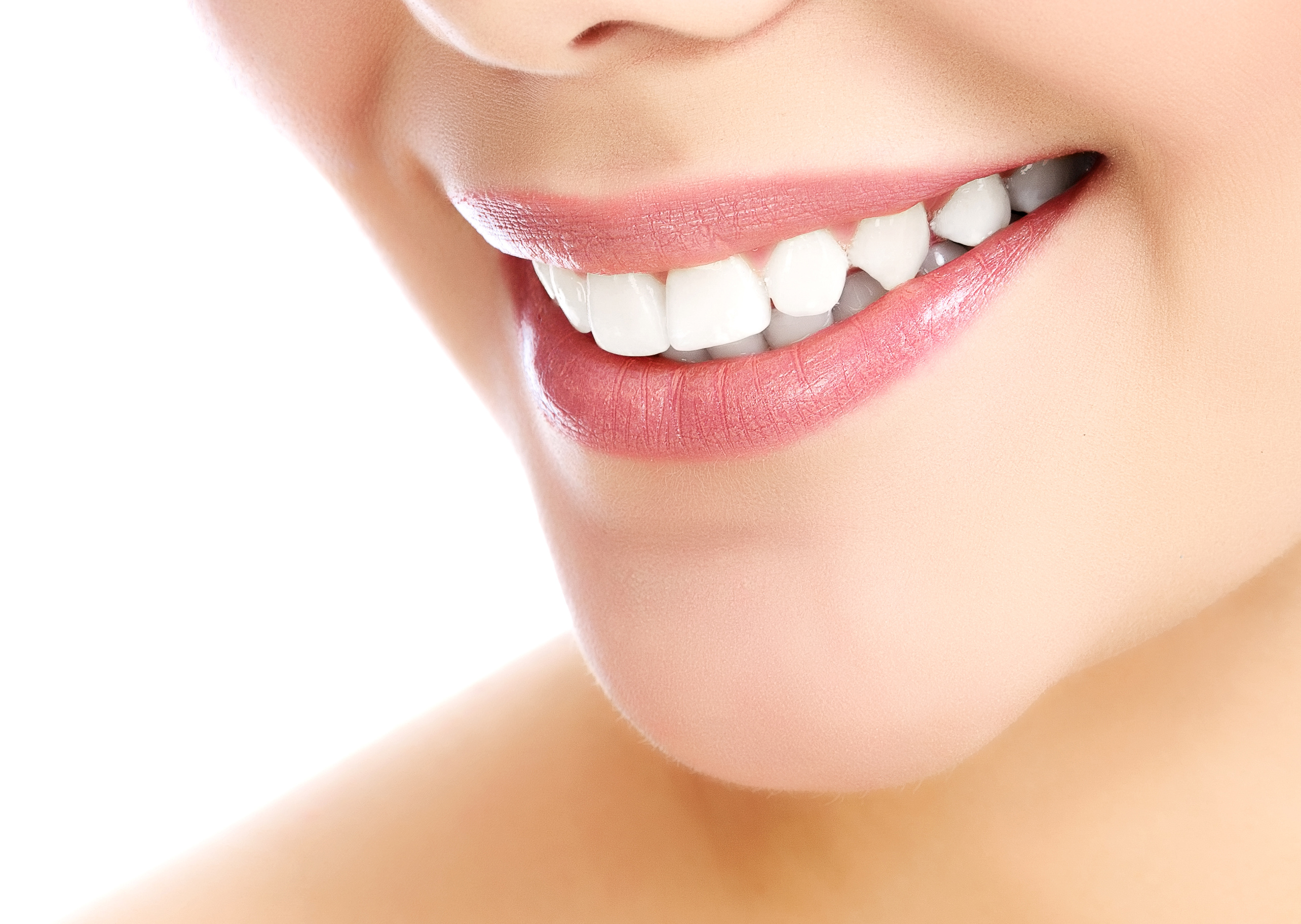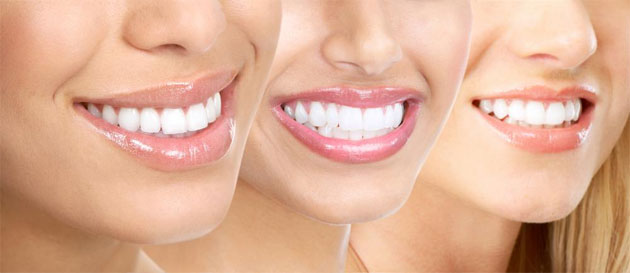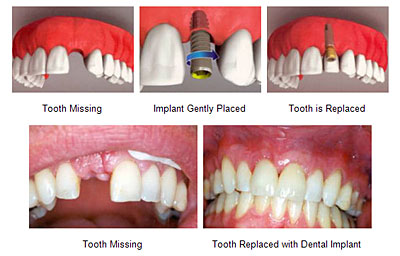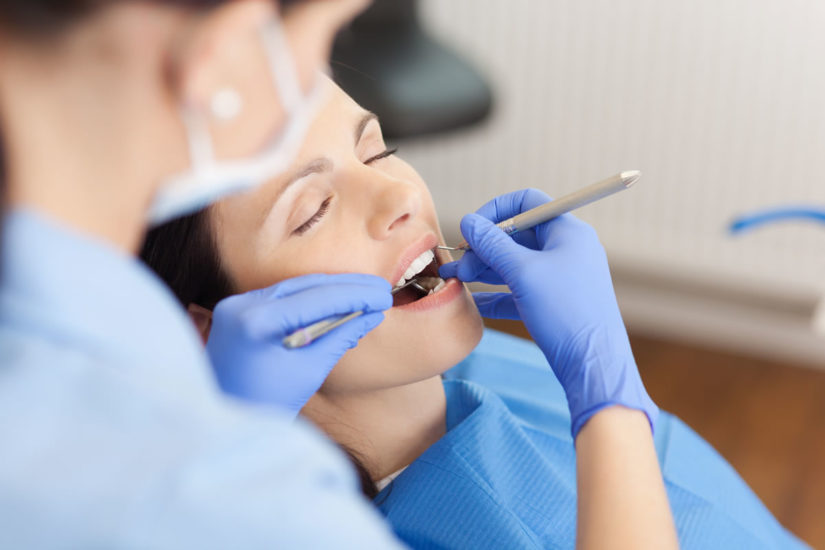Maintaining a healthy smile requires more than just regular brushing, flossing, and visits to the dentist. The foods and drinks you consume play a crucial role in the health of your teeth and gums, impacting everything from the strength of your enamel to your ability to fight off gum disease. While proper oral hygiene practices remain essential, a balanced diet can significantly enhance your oral health, contributing to a stronger, brighter smile.

Content
The Building Blocks of a Healthy Smile: Key Nutrients
Just as your body requires specific nutrients to function at its best, your teeth and gums also depend on essential vitamins and minerals to stay healthy. Incorporating these nutrients into your diet can help prevent tooth decay, strengthen enamel, and support healthy gum tissue.
Calcium: The Foundation of Strong Teeth
Calcium is a vital mineral for maintaining strong teeth and bones. It helps to fortify the enamel, which acts as a protective layer for your teeth, shielding them from decay. When your diet lacks sufficient calcium, your body may pull calcium from your bones and teeth to meet its needs, which can weaken your teeth and make them more susceptible to cavities and fractures.
Dairy products like milk, cheese, and yogurt are rich sources of calcium. For those who are lactose intolerant or follow a plant-based diet, leafy green vegetables like kale and spinach, as well as fortified plant-based milks and tofu, provide excellent alternatives. Ensuring a calcium-rich diet, as recommended by cosmetic dentist London Dr. Sahil Patel of Marylebone Smile Clinic, helps maintain the strength and durability of your teeth.
Vitamin D: Calcium’s Essential Partner
Vitamin D plays a critical role in helping the body absorb calcium. Without adequate vitamin D, even a calcium-rich diet may not provide the full benefits to your teeth. This vitamin is essential for maintaining the mineral density of your teeth and preventing conditions like enamel hypoplasia, where the enamel forms inadequately, making teeth more vulnerable to decay.
While sunlight is the most natural source of vitamin D, it can also be found in foods like fatty fish (salmon, mackerel, sardines), egg yolks, and fortified cereals. If you live in a region with limited sunlight, especially during the winter months, a vitamin D supplement might be advisable. Dental professionals often recommend monitoring vitamin D levels to ensure your body can effectively support the health of your teeth and bones.
Phosphorus: Supporting Tooth Enamel
Phosphorus works in tandem with calcium to build and protect your teeth’s enamel. This mineral is essential for repairing and rebuilding the enamel, ensuring it remains strong and resistant to decay. Phosphorus is found in a variety of foods, including meat, poultry, fish, eggs, dairy products, nuts, and legumes.
By incorporating phosphorus-rich foods into your diet, you provide your teeth with the tools they need to maintain their protective outer layer. This is particularly important for individuals undergoing cosmetic dental treatments, such as veneers or whitening, as a strong foundation ensures better results and longevity.
Vitamin C: Essential for Gum Health
While calcium and phosphorus focus on the structural integrity of your teeth, vitamin C plays a crucial role in maintaining healthy gums. This vitamin helps to strengthen the blood vessels and connective tissue in your gums, reducing the risk of inflammation and gum disease (gingivitis). A deficiency in vitamin C can lead to weakened gums, bleeding, and increased susceptibility to infection.
Citrus fruits like oranges, grapefruits, and lemons are well-known sources of vitamin C, but leafy greens, bell peppers, strawberries, and broccoli are also excellent choices. Maintaining adequate levels of vitamin C can help prevent gum disease, which is not only a leading cause of tooth loss but is also linked to broader systemic health issues, including cardiovascular disease.
Vitamin A: Promoting Saliva Production
Vitamin A is important for keeping the nasal membranes in your mouth healthy and making sure you make enough saliva. Saliva is very important for keeping your teeth healthy because it neutralises the acids that bacteria make, washes away food particles, and keeps the soft tissues in your mouth healthy.
Foods rich in vitamin A include carrots, sweet potatoes, spinach, and liver. Adequate saliva production, aided by sufficient vitamin A intake, helps to keep your mouth clean and your teeth well-protected from the harmful effects of bacteria and acid buildup.
Antioxidants: Defending Against Inflammation
Antioxidants, found in a variety of fruits and vegetables, are important for reducing inflammation in the body, including in the gums. Gum disease is characterized by inflammation, and diets high in antioxidant-rich foods can help combat this by neutralizing free radicals that contribute to inflammation.
Berries, nuts, green tea, and dark chocolate are excellent sources of antioxidants. By incorporating these foods into your diet, you can help protect your gums from the damaging effects of oxidative stress, ultimately supporting better oral health.
Foods to Avoid for a Healthy Smile
While incorporating beneficial nutrients into your diet is essential for maintaining a healthy smile, it is equally important to be mindful of foods and drinks that can harm your teeth. Sugary and acidic foods and beverages are among the top culprits when it comes to tooth decay and enamel erosion.
Sugary Foods and Drinks
Sugar is the primary fuel for harmful bacteria in the mouth, which produce acid as a byproduct. This acid attacks the enamel, leading to cavities and decay. Sugary drinks like sodas, energy drinks, and even fruit juices are particularly harmful, as they bathe the teeth in sugar and acid over extended periods.
Dentists advise patients to minimize their consumption of sugary snacks and drinks, opting instead for water, milk, or unsweetened beverages. If you do consume something sugary, it’s best to drink water afterward to help rinse away the sugars and acids.
Acidic Foods and Beverages
Citrus fruits, vinegar, and fizzy drinks are all acidic foods and drinks that can wear away enamel over time. Even though citrus fruits have important nutrients like vitamin C, eating them in moderation and washing your mouth out with water afterward can help protect your teeth from the acid’s damage.
Drinking through a straw can also reduce the contact between acidic beverages and your teeth. Enamel erosion is a significant concern, especially for individuals who already have weakened enamel or are undergoing cosmetic treatments like teeth whitening.
Sticky and Starchy Foods
Sticky foods like toffees, candies, and dried fruits tend to cling to the teeth, providing a prolonged source of sugar for bacteria. Starchy foods like bread and crisps can break down into sugars in the mouth, which also fuel bacteria and increase the risk of decay.
To protect your teeth, it’s important to brush and floss after consuming these types of foods to remove any residue that may contribute to plaque buildup.
Hydration: The Unsung Hero of Oral Health
In addition to a balanced diet, staying properly hydrated is one of the simplest yet most effective ways to support oral health. Water helps to wash away food particles and bacteria, neutralize acids, and promote saliva production.
Saliva is your mouth’s natural defense against decay, and dehydration can lead to dry mouth, increasing the risk of cavities and gum disease. Cosmetic dentists recommend drinking plenty of water throughout the day, especially after meals or consuming sugary or acidic foods and drinks.
Fluoridated water, commonly found in tap water in many areas, provides an additional layer of protection by helping to strengthen enamel and prevent cavities.
The Synergy Between Nutrition and Oral Hygiene
While nutrition plays a critical role in maintaining a healthy smile, it works best when combined with good oral hygiene practices. Brushing at least twice a day with fluoride toothpaste, flossing daily, and visiting your dentist for regular cleanings and checkups are essential for removing plaque, preventing decay, and identifying potential issues early.
Conclusion: Nourishing Your Smile from the Inside Out
There is a big link between what you eat and the health of your teeth and gums. You can protect your teeth and keep your smile bright for years to come by eating nutrient-dense foods and staying away from sugary, acidic, and sticky snacks.
Under the care of cosmetic dentists who understand the importance of both nutrition and dental hygiene, patients can take proactive steps toward achieving optimal oral health. A healthy smile is more than just aesthetic; it’s a reflection of your overall wellness, and good nutrition is one of the key pillars in maintaining it.
Other sources: https://marylebonesmileclinic.co.uk/dental-implants-london/bone-graft-london/

Helen Bradley is a health blogger and the founder of her own blog about fitness. She has been blogging for three years now and loves to share what she learns with others. Helen enjoys reading, cooking, and staying active outdoors.
